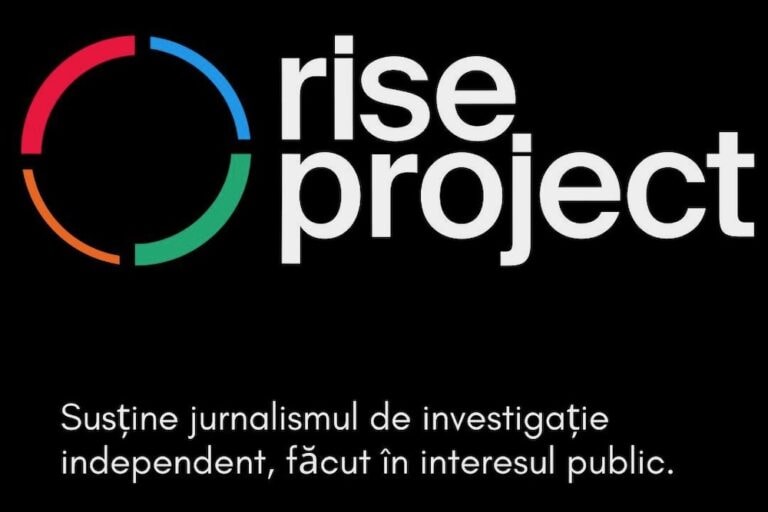(IFJ/IFEX) – The following is a 2 March 2006 IFJ media release: Romania Secrecy Charge against Journalists “Unacceptable Intimidation” says IFJ/EFJ The International Federation of Journalists and its European section, the European Federation of Journalists, today gave full backing to media in Romania in their protests over “unacceptable intimidation” of journalists to get them to […]
(IFJ/IFEX) – The following is a 2 March 2006 IFJ media release:
Romania Secrecy Charge against Journalists “Unacceptable Intimidation” says IFJ/EFJ
The International Federation of Journalists and its European section, the European Federation of Journalists, today gave full backing to media in Romania in their protests over “unacceptable intimidation” of journalists to get them to reveal sources of information.
The journalists’ groups are supporting the trade union MediaSind, the Convention of Media Organizations, the Center of Independent Journalism and Press Monitoring Agency-Catavencu in their condemnation of the treatment of two journalists, Sebastian Oancea and Marian Gârleanu, who face accusations of disclosing secret information.
“The authorities are putting intolerable pressure on principles of press freedom when they try to limit the information journalists can use and when they try to find out whom journalists are talking to,” said Marc Gruber, European Federation of Journalists Director. “It is unacceptable intimidation.”
In these cases the IFJ and the European Federation of Journalists are particularly concerned because much of the information which the authorities would like to keep secret is already freely available on the Internet and elsewhere.
“Public authorities may protect secrecy where it concerns national security and public welfare, but journalists must be guaranteed the right to protect their sources”, said Gruber. “This is a pillar of press freedom set out in article 10 of the European Convention of Human Rights.”
On Wednesday Oancea and Gârleanu were questioned at the General Prosecutor’s Office over charges of leaking secret army information. To highlight the double standards and confusion in the application of law, media organised a “secret information fair” at the Prosecutors Office where journalists distributed documents that contain “secret” information such as military maps – documents available on the Internet. Journalists who took part were also given software to protect their computers from attempts to extract information about their contacts by the authorities.
Although no further action has been taken, the IFJ and European Federation of Journalists warn that Romania must not attack journalists for disclosing classified information when this information is already in the public sphere. “This is an absurd and dangerous assault on rights,” said Gruber.
The IFJ represents more than 500,000 journalists in over 110 countries.


